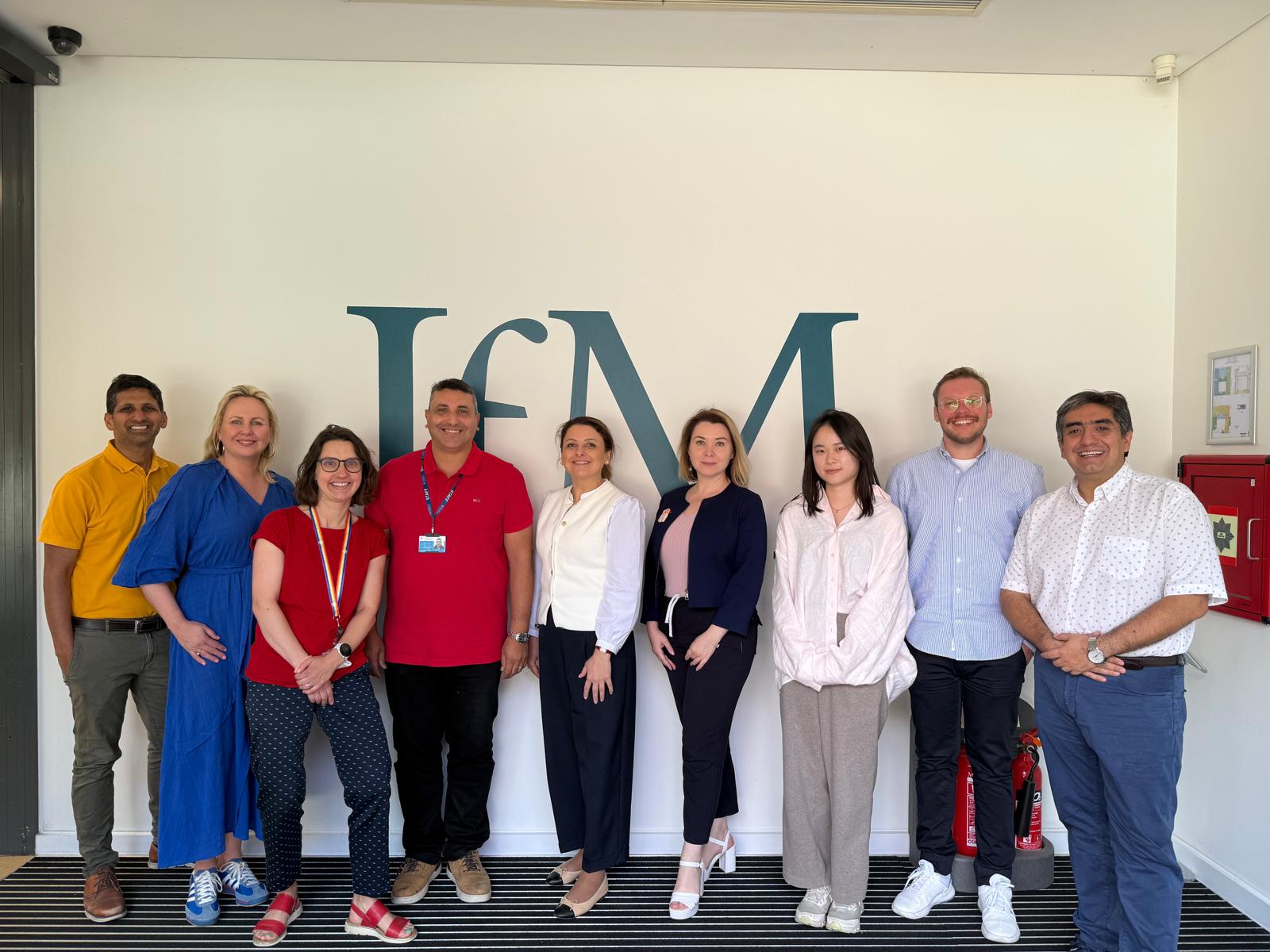
In 2012 this theme assembled and tested a performance measurement system (PMS) design process for complex service networks. The process focused on:
- Specifying contractual measures that are fit for purpose in their complex service network and better reflect the value sought by both providers (including prime contractors and key suppliers) and clients (including customers and end-users).
- Specifying operational measures needed to deliver these contractual measures.
Improvements are expected through improving the ‘line of sight’ and behavioural fit between business value, contractual performance and operational measures (cf. Figure 1).

Figure 1. context for performance and information theme
To date much of the work on performance measurement and management has addressed the needs of separate organisations. As a result, current frameworks are inadequate for the highly partnered, collaborative networks required to deliver complex service solutions. These typically require partners to work together to define, share and establish common performance objectives, measures, communications and visualisations as well as meet their individual agendas.
In pursuit of this the proposed research aimed to ‘build a robust methodology to support industry in specifying performance measurement systems for complex service networks - that comprise multiple providers, clients & suppliers
The design process was developed and tested in conjunction with five organisations (through “action research” cf. Figure 2) providing increasing challenges to validate its robustness and enable Industrial exploitation
Prior research
The work builds on three outputs from the 2011 research programme:
Complex Service Network Framework: An empirically derived framework identifying the key characteristics of complex service networks that should be accounted for in order to drive improved specification and reporting of performance measures that underpin service Delivery, Improvement and Growth. This framework identifies aspects of service contracts that are rarely measured, yet are widely accepted to be critical to performance, for example, the degree of mutual understanding between clients and providers.
Performance Measure Framework: A framework expanding the detailed factors that must be addressed during the four stages of a PMS lifecycle (Design, Implementation, Management through measures and Refreshment), based on the output of the analysis from the first framework and the academic literature.
Visualisation Framework: A literature-based framework for assessing visualizations used to display performance measures. The visualization’s ability to support management decisions is assessed in terms of Purpose, Process and Aesthetics.
The output from this research was a documented process based on the frameworks developed in 2011 and refined through five case studies.
The key aims for future research in in this area are to better understand data driven opportunities to create, realise and share value within Complex Service Networks by addressing:
- How we identify the key data within the CSN – managing issues of access, quality, ownership and trust.
- What are the pre-requisites (enablers, barriers and competences) within the CSN to facilitate the use of analytics for prediction and prescription.
Researchers:
John Mills and Andy Neely



